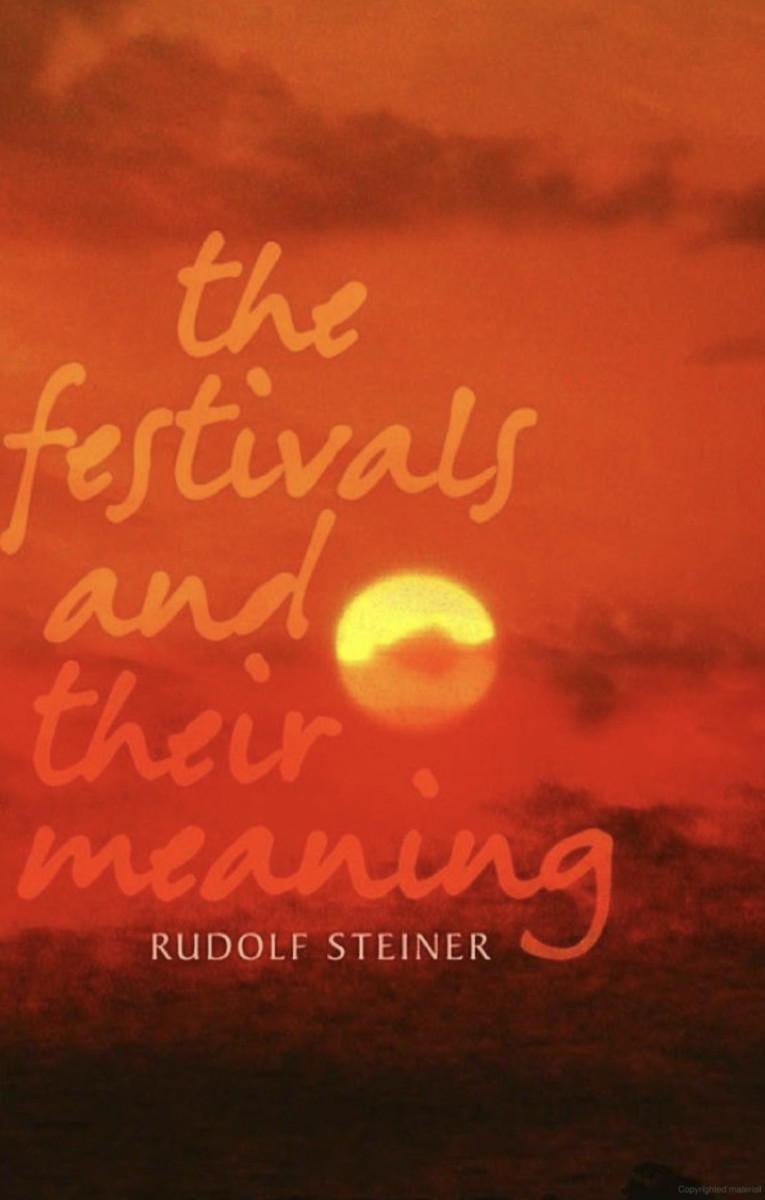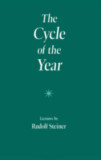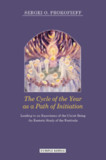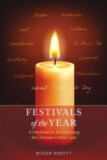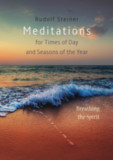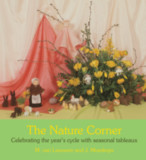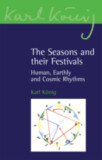The Festivals and Their Meaning
- Publisher
Rudolf Steiner Press - Published
1st August 1996 - ISBN 9781855840454
- Language English
- Pages 400 pp.
30 Selected lectures
The Festivals and Their Meaning collects thirty of Rudolf Steiner's most important lectures on the festivals of the year. He identifies and illumines the true meaning behind Christmas, Easter, Ascension, Pentecost, and Michaelmas, emphasizing their inner spiritual and outer cosmic aspects.
Steiner shows that the festivals do not only commemorate great historical events and truths of the Christian tradition; they are in themselves—each year—spiritual events that manifest in seasonal and natural rhythms and carry a significance that grows and deepens with the development of human evolution.
C O N T E N T S:
Christmas
Introduction by Ann Druitt
The Christmas Festival: Heralding the Victory of the Sun
Signs and Symbols of the Christmas Festival
The Birth of the Sun-spirit as the Spirit of the Earth: The Thirteen Holy Nights
Christmas as a time of Grievous Destiny
The Proclamations to the Magi and the Shepherds
On the Three Magi
The Revelation of the Cosmic Christ
The Birth of Christ within Us
Easter
Easter: The Festival of Warning
The Blood Relationship and the Christ Relationship
The Death of a God and Its Fruits in Humanity
Spirit Triumphant
The Teachings of the Risen Christ
Easter: The Mystery of the Future
Spiritual Bells of Easter, parts 1 & 2
Ascension and Pentecost
The Whitsun Mystery and Its Connection with the Ascension
Whitsun: The Festival of the Free Individuality
World Pentecost: The Message of Anthroposophy
Whitsun: A Symbol of the Immortality of the Ego
The Whitsuntide Festival: Its Place in the Study of Karma
Whitsun Verse
Michaelmas
Michael Meditation
The Michael Inspiration: Spiritual Milestones in the Course of the Year
A Michael Lecture
The Michael Impulse and the Mystery of Golgotha, parts 1 & 2
Michael and the Dragon
The Creation of a Michael Festival out of the Spirit
The Michael Path to Christ
Rudolf Steiner
Rudolf Steiner (b. Rudolf Joseph Lorenz Steiner, 1861–1925) was born in the small village of Kraljevec, Austro-Hungarian Empire (now in Croatia), where he grew up. As a young man, he lived in Weimar and Berlin, where he became a well-published scientific, literary, and philosophical scholar, known especially for his work with Goethe’s scientific writings. Steiner termed his spiritual philosophy anthroposophy, meaning “wisdom of the human being.” As an exceptionally developed seer, he based his work on direct knowledge and perception of spiritual dimensions. He initiated a modern, universal “spiritual science” that is accessible to anyone willing to exercise clear and unbiased thinking. From his spiritual investigations, Steiner provided suggestions for the renewal of numerous activities, including education (general and for special needs), agriculture, medicine, economics, architecture, science, philosophy, Christianity, and the arts. There are currently thousands of schools, clinics, farms, and initiatives in other fields that involve practical work based on the principles Steiner developed. His many published works feature his research into the spiritual nature of human beings, the evolution of the world and humanity, and methods for personal development. He wrote some thirty books and delivered more than six thousand lectures throughout much of Europe. In 1924, Steiner founded the General Anthroposophical Society, which today has branches around the world.


